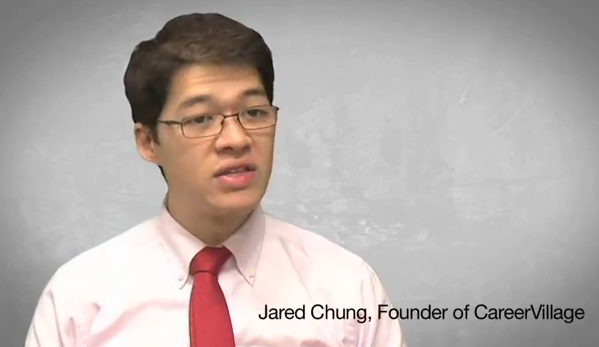The Digital Native Fallacy: Teaching New Skills While Learning From Their Strengths
Today’s blog is another in the series from Huffington Post’s blog posts featuring thoughts and ideas from Civic Accelerator participants, a program that helps civic startups successfully launch and scale solutions to our nation’s social challenges by providing mentorship, education and investment. This is written by Jared Chung founder of CareerVillage, republished from the Huffington Post Social Entrepreneurship section Feb. 28, 2013.
We’ve often heard parents and educators quip that today’s young people are digital natives — a generation of youth who can rent movies on iTunes and buy school supplies on Amazon before they’re out of preschool. These tech-savvy kids seem to live and breathe digitally.
But for many American youth living in low-income communities, the digital native moniker doesn’t quite fit. For some, fluency in a few areas often hides substantial inadequacies in others. I was forced to confront misconceptions about students’ digital fluency through my work building EdTech software with CareerVillage, a new venture that uses technology to help youth in low-income communities prepare for college and careers. We’ve launched technology-based programs with 500 students in low-income communities over the past year and have found some startling things.
Thanks in part to the support from the Civic Accelerator, we have hired interns to scale up our program offerings. Recently, I assigned an intern to edit a shared Google document. I was surprised to find him playing with his phone a few minutes later with his borrowed laptop idling in front of him. I had assumed he was using his phone for communications or games, but he was editing our Google doc on his phone. Unfortunately, because our intern was using his phone, his assignment took longer to complete and he had difficulty keeping up with the rest of the team. Without a laptop at home, he uses the Internet exclusively through his iPhone on borrowed Wi-Fi. His preference is for touchscreen over keyboard, for four inches over 13 inches. He’s adept on mobile, but he is far from the technology mastery we expect from a digital native.
Young people like our intern will find lots of creative ways to get around obstacles, but academic and professional success today still hinges on comfort with desktop and laptop interfaces. This can have profound effects for students as they move to college and then into the workforce. It is critical for these students that we recognize a gap in digital literacy exists and we start making investments to close this gap.
We have learned much from our work with students and wanted to share a few tricks and tips on working with school-aged digital natives:
- Hire Them: If you work with students, hiring them as interns is a great way to learn more about their behaviors and motivations while helping them get valuable experience. Credit for this excellent strategy goes to our mentors at the Civic Accelerator who have emphasized the need to deeply understand your users.
- Don’t Assume: Just because they are young doesn’t mean they are fluent online and with a computer. Sit down with them to talk through what they’re comfortable with and what skills they will need to learn. You may need to give them time to get comfortable, or a bit of extra training.
- Ask For Tips: When you see them trying something online that you haven’t explored yet, ask them for tips and ways that it could help with your work. This could be a learning experience that they could share with the broader team, increasing everyone’s skill set.
- Check For Comfort: Make sure students are comfortable using technology. If they’re squinting, show them how to increase the font size. If they’re hunched over, help them find a better posture to avoid fatigue or encourage them to take breaks. Remember that students are used to sitting still for no more than one class period at a time!
Interested in participating in the next round of the Civic Accelerator? Applications will be accepted from February 11-March 15. To learn more and apply, please visit www.pointsoflight.org/civic-accelerator.

